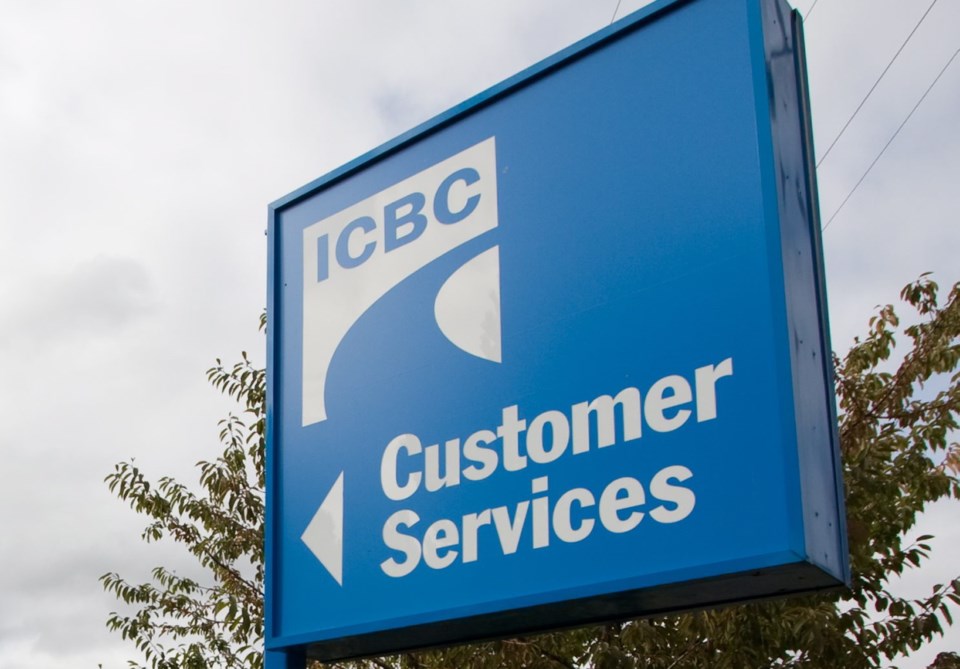 The ICBC benefits overhaul announced Tuesday will be good for the corporation. How can you lop hundreds of millions in legal costs by steering your customers away from hiring lawyers and not come out ahead?
The ICBC benefits overhaul announced Tuesday will be good for the corporation. How can you lop hundreds of millions in legal costs by steering your customers away from hiring lawyers and not come out ahead?
But whether the ordinary crash victim will be better off depends on how a dramatic change in insurance philosophy works out in real life.
The number crunchers have been crawling all over the destitute corporation for a year or more, coming up with a fundamentally different approach than what B.C. has used for the past 43 years. Their theoretical projections show it could be to the advantage of the clients, as well as the corporation.
But it’s going to take a year or more under the new operating model to figure out if crash victims are going to achieve the peace of mind that Attorney General David Eby says is coming.
His main focus from the outset has been on two bottom-line issues — the corporation’s financial health and how much premiums have to be hiked to improve it. He had to raise them eight per cent soon after being sworn in, and has made it clear he never wants to do that again.
Having a major Crown corporation deep in the red ink is a huge liability to a new government with big spending plans. So the emphasis has been more on fixing ICBC as a corporate entity and avoiding the political damage that comes with big rate hikes. Changes to the insurance coverage that all clients buy have been considered mostly for how they would affect the corporation.
The big reveal on Tuesday includes major coverage changes based on the negative trends in ICBC’s books. The changes are so big that when the previous B.C. Liberal government got a glimpse of what was needed, it froze in its tracks and did nothing. So credit Eby with at least doing something.
Here’s an outline of the changes coming for people who file claims:
• There will be a new limit of $5,500 on the “pain and suffering” component of claims for minor injuries. It’s currently open-ended and is one of the big battlegrounds for lawyers suing ICBC on behalf of crash victims. Damage awards are itemized in different categories, and the “pain and suffering” component can be sizable. The new limit is less than a third of the average payout now under that category for minor injuries. People who want to preserve the right to seek more benefits of that nature would have to buy it — starting at $1,300 more a year.
• To make up that significant loss to claimants, the maximum limits for other categories of damages will be raised substantially. ICBC will pay more for more forms of treatment, and retroactively to Jan. 1 once legislation is passed. The overall allowance for medical and recovery costs will be doubled to $300,000. Wage-loss support will also increase, homemaking benefits will go up, as will payouts for death and funeral costs.
• The more generous limits to payouts are expected to curtail the number of lawsuits started by clients unhappy with ICBC’s initial offers. To encourage that further, most minor-injury claims will have to go first to a civil-resolution tribunal, not court, where lawyers are optional and the process works much faster.
The big loser in the new scheme will be lawyers. For minor claims under the current system, an average of $30,000 is awarded, but the client gets just over half of it, with the rest going to lawyers and the costs of the competing expert witnesses they hire. Overall, legal costs account for 24 per cent of ICBC’s total costs, and that figure would drop dramatically.
ICBC will also save $1 billion a year by capping pain-and-suffering awards. Some of the savings will be paid out in higher benefits in the other categories. But the government expects enough left over to get ICBC out of its financial jam.
Where it leaves the customers depends on whether they buy into two ideas. One is that increased general awards will outweigh the sharp cut in the payouts for pain and suffering. The other is that claimants won’t have to share awards with their lawyers and can keep more for themselves.



